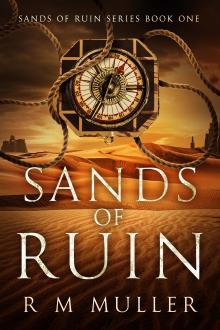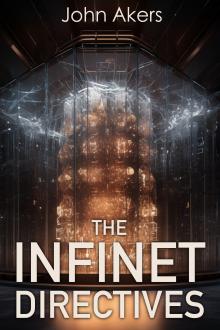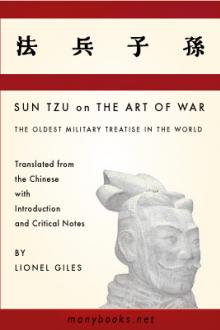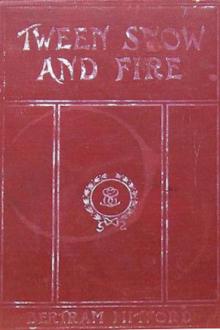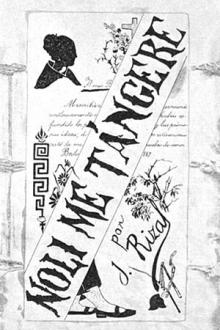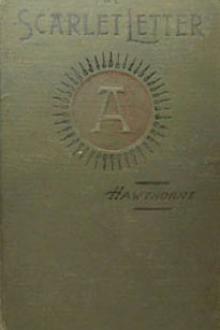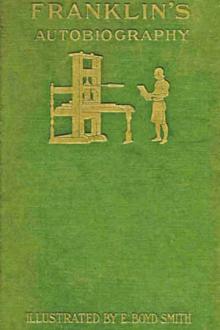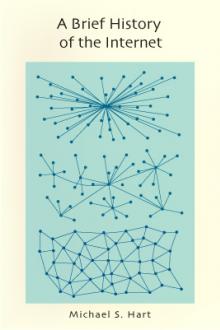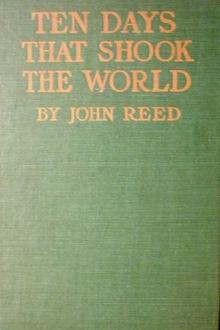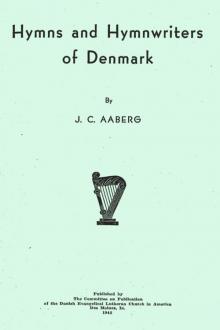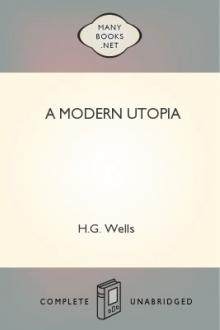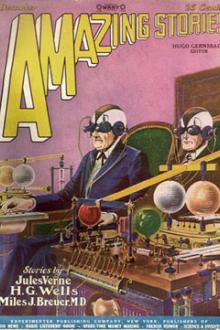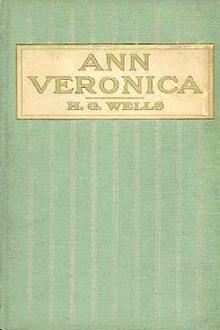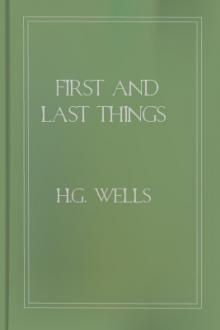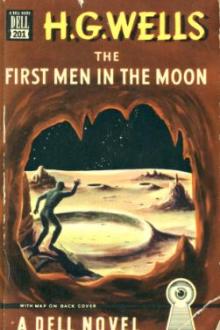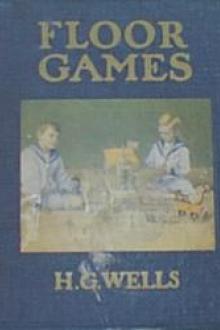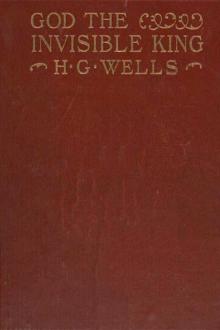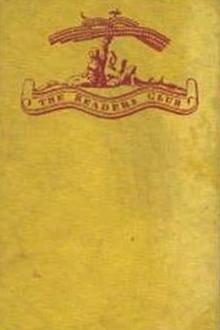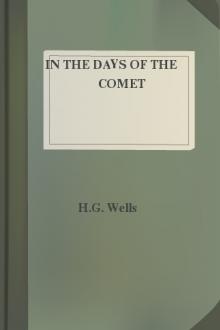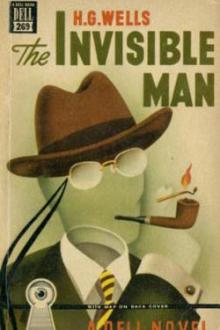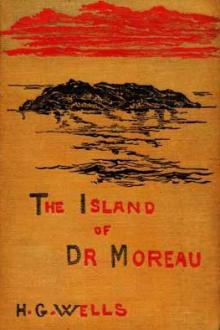The Outline of History
The Outline of History
Being a Plain History of Life and Mankind
Book Excerpt
in it in a gaseous state. About it at great distances circle not only our earth, but certain kindred bodies called the planets. These shine in the sky because they reflect the light of the sun; they are near enough for us to note their movements quite easily. Night by night their positions change with regard to the fixed stars.
It is well to understand how empty is space. If, as we have said, the sun were a ball nine feet across, our earth would, in proportion, be the size of a one-inch ball, and. at a distance of 323 yards from the sun. The moon would be a speck the size of a small pea, thirty inches from the earth. Nearer to the sun than the earth would be two other very similar specks, the planets Mercury and Venus, at a distance of 125 and 250 yards respectively. Beyond the earth would come the planets Mars, Jupiter, Saturn, Uranus, and Neptune, at distances of 500, 1,680, 3,000, 6,000, and 9,500 yards respectively. There would also be a certain number of very much smaller specks, flying about amon
FREE EBOOKS AND DEALS
(view all)Popular books in History
Readers reviews
5.0
LoginSign up
Outstanding!
Obviouly, the book is dated and now some items have proven to be incorrect, but much of it is both timeless and insightful, if not inciteful.
It reads more like a novel than the history texts we are used to. Wells also injects his own insights and critiques, and is quite philosophic on many topics.
One of my favorite passages is Wells' observation "But it is the universal weakness of mankind that what we are given to administer we presently imagine we own." The book is full of these wonderful, thoughtful quips.
I'm on my second reaging of the 1936 edition and have downloaded the electronic text as a ready reference.
There is nothing dry about "Outline."
Obviouly, the book is dated and now some items have proven to be incorrect, but much of it is both timeless and insightful, if not inciteful.
It reads more like a novel than the history texts we are used to. Wells also injects his own insights and critiques, and is quite philosophic on many topics.
One of my favorite passages is Wells' observation "But it is the universal weakness of mankind that what we are given to administer we presently imagine we own." The book is full of these wonderful, thoughtful quips.
I'm on my second reaging of the 1936 edition and have downloaded the electronic text as a ready reference.
There is nothing dry about "Outline."
- Upvote (0)
- Downvote (0)
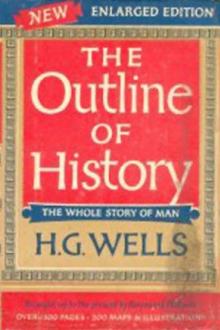
 Free Download
Free Download


